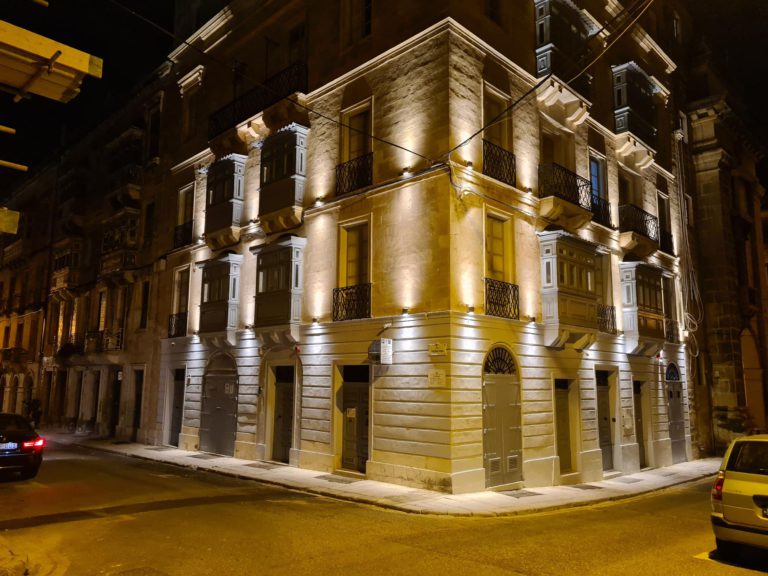On Wednesday, the Central Bank of Malta held its annual Forum for Financial Stability at Binja Laparelli.
The aim behind the forum is to bring together key stakeholders within the banking and financial sector at large to discuss the current challenges and developments impacting financial stability.
This year’s forum was chaired by Alan Cassar, Chief Officer of Financial Stability and Statistics.
The Malta Bankers’ Association (MBA) was invited to discuss the bank’s journey towards ESG compliance. Secretary General Karol Gabarretta along with Glenn Bugeja, Vice President of the MBA’s Standing Committee on ESG, Sustainability and Economic Growth highlighted key issues that the banking community is facing.
In his opening remarks, Central Bank of Malta Governor Edward Scicluna said that while authorities can implement stronger regulatory reforms and frameworks, “the success of these policies relies heavily on the behaviour of market participants”.
Following this, Deputy Governor Alexander Demarco provided a status update on the Digital Euro project.
He explained that following the conclusion of a two-year investigation phase on the design of the digital euro, the preparation phase will make way for the decision to issue the euro in a digital form, which could be used for all digital payments throughout the euro area.
The discussion also touched on the financial stability considerations of such a digital euro, during which David Stephen Law, Principal Quantitative Analyst at the Central Bank, presented an impact assessment.
Meanwhile, MFSA’s Head of Banking Supervision Catherine Galea gave a brief introduction on the current requirements imposed on banks and proposed avenues to tackling challenges in the area.
In his closing remarks, Deputy Governor Oliver Bonello referred to the complementary role of the digital euro to the Eurosystem’s retail payments strategy and on the importance of ESG since it is becoming an increasingly key aspect of doing business.
Featured Image:
Central Bank of Malta
Self-employed, employees and companies contribute €2.1 billion in 2023
Parliamentary data reveals five-year growth trends in fiscal contributions
MFSA concludes review of Crypto-Asset Service Providers following MiCA implementation
The Authority provided clear expectations and guidance to address certain concerns.
Malta Development Bank to launch schemes supporting sustainable development and creative sector
In 2024, the MDB launched the SME Guarantee Scheme and the Guaranteed Co-Lending Scheme






